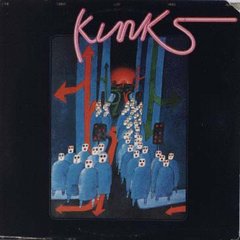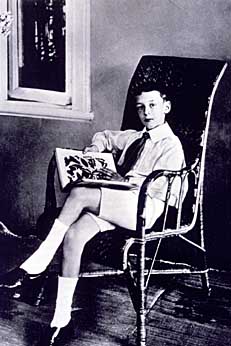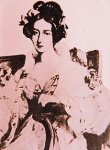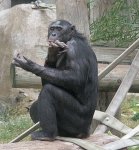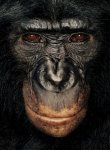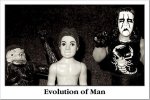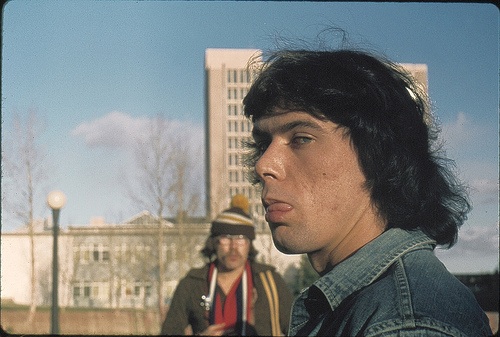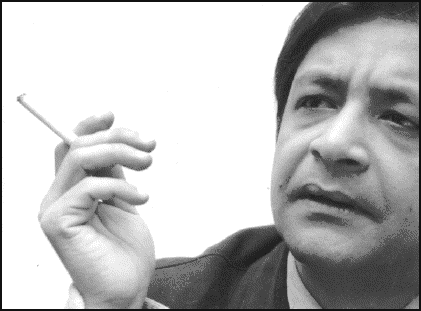 There’s a nice article in the Guardian by James Campbell about V.S. Naipaul, the famous Trinidadian Author of Indian descent. Currently living in the English village of Wiltshire, Naipaul has, over time, grown to accept and like his role as an outsider. “I have always seen myself as an outsider in the country,” Naipaul says, “and it’s caused me no pain at all.” It interesting to read of his reaction when entering a shop in India, and his frustration for not being noticed. An Area of Darkness–the first in a trilogy about India, spawned from this initial trip, stresses this dissociation, this innate disgust of his surrounding when visiting, perhaps of seeing himself in every man? He calls himself, “a floating man” in the article, referring to his settling in England and his stance as a person of Indian decent in Trinidad.
There’s a nice article in the Guardian by James Campbell about V.S. Naipaul, the famous Trinidadian Author of Indian descent. Currently living in the English village of Wiltshire, Naipaul has, over time, grown to accept and like his role as an outsider. “I have always seen myself as an outsider in the country,” Naipaul says, “and it’s caused me no pain at all.” It interesting to read of his reaction when entering a shop in India, and his frustration for not being noticed. An Area of Darkness–the first in a trilogy about India, spawned from this initial trip, stresses this dissociation, this innate disgust of his surrounding when visiting, perhaps of seeing himself in every man? He calls himself, “a floating man” in the article, referring to his settling in England and his stance as a person of Indian decent in Trinidad.
Naipaul’s style of writing has always melded the autobiographical with the narrative, and he’s quick to say narrative prose is undergoing a change, the form of the novel is becoming staid and should evolve –anyone can do it and he’s right, it seems there’s constant churning out of novels–but where will the form take us, more Delillo for example, more ideas in the skeletal frame of a novel and less rendering of style?
This sentence taken from Enigma of Arrival seems to justly sum up Naipaul’s distinct merging of backgrounds and the result of these upbringings:
“To see the possibility, the certainty, of ruin, even at the moment of creation: it was my temperament. Those nerves had been given me as a child in Trinidad partly by our family circumstances: the half-ruined or broken-down houses we lived in, our many moves, our general uncertainty. Possibly, too, this mode of feeling went deeper, and was an ancestral inheritance, something that came with the history that had made me: not only India, with its ideas of a world outside men’s control, but also the colonial plantations or estates of Trinidad, to which my impoverished Indian ancestors had been transported in the last century – estates of which this Wiltshire estate, where I now lived, had been the apotheosis.
He speaks of this final passage, arriving at the manor but not the manor one hoped for, in this video interview (resembling a 60’s studio set!) from the Nobel website.

